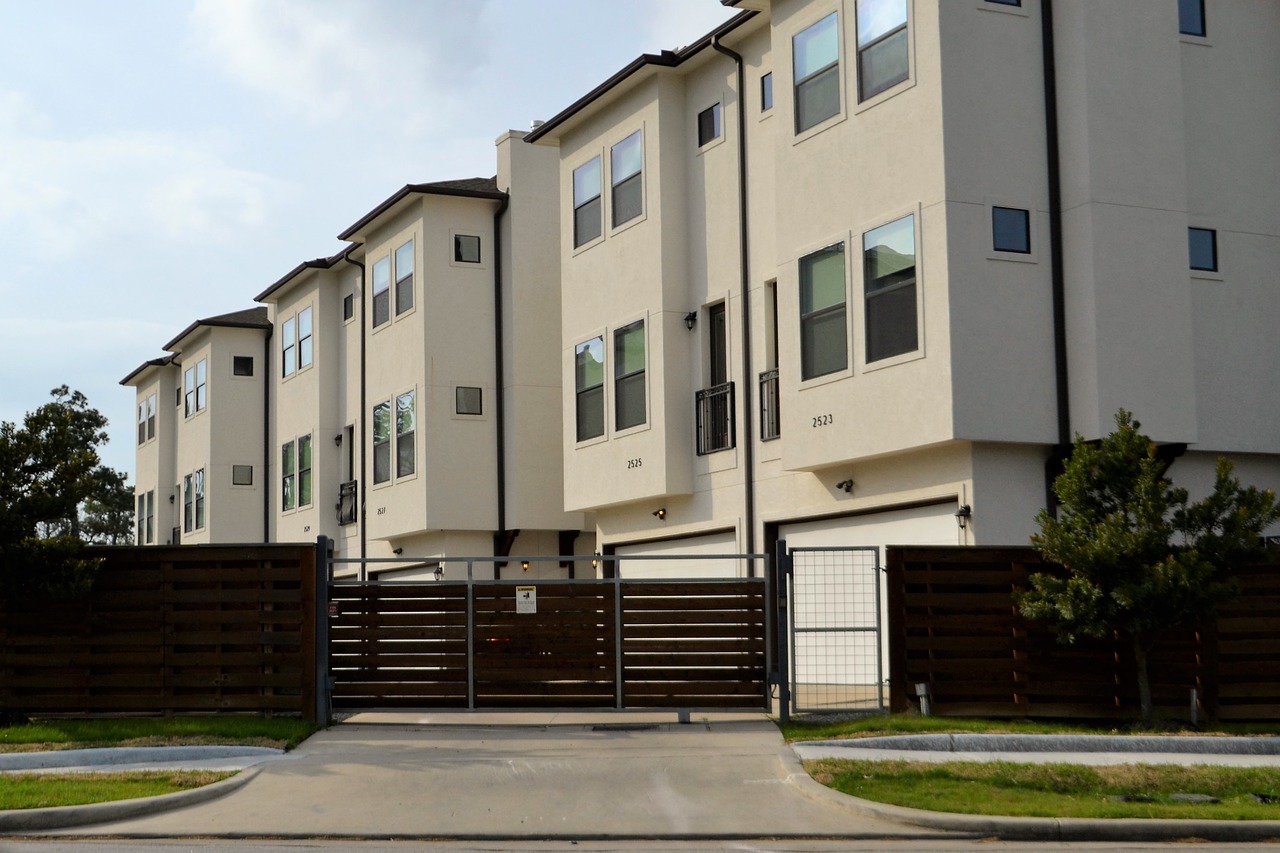If you are a commercial real estate investor in Jersey City then you know that our city is a mecca for mixed-use properties. These types of properties are becoming a much more popular investment option for commercial real estate investors because of their predictable income streams and potential for larger total returns.
A mixed-use building is a type of a commercial property that combines both commercial and residential real estate space. It includes two or more types of real estate, such as office space, residential, retail, or even industrial space. A mixed-use property can contain residential rental units, restaurants, hotel rooms or retail storefronts. By combining different property types, developers and landlords are able to better serve the businesses and residents who occupy the spaces by providing convenience. In most mixed-use properties, the residences take up more square footage than the commercial portion of the property.
Like many commercial real estate investment opportunities, there are both pros and cons to buying mixed-use property. One of the pros of buying a mixed-use property is the ability of having a long-term lease with your business tenants. One disadvantage however, is that businesses are more difficult to evict and also have other regulations to consider that are different from residential renters, especially for those in the food industry for example.
One major advantage of owning a mixed-use property is that it provides diversity in income streams which can help during economic downturns. This can help reduce your investment risk and help sustain investment performance. One disadvantage to consider is that financing for multi-use property can be challenging to obtain. One thing to keep in mind however is that there are low down payment options available for purchasing mixed-use properties through Fannie Mae and FHA so long as 51 percent of the building is residential.
Another pro of buying a mixed-use property is that the different property types usually complement each other and offer convenience on the part of the business tenants and residential tenants. Businesses such as restaurants or storefronts benefit from the foot traffic of the residential tenants and also because mixed-use properties tend to be near public transportation. The residential renters benefit from the added amenity of having a business located close by. The only disadvantage in this case, is that the businesses can suffer slow times or limited profits if they can’t draw customers. Another disadvantage is that there can be conflict between the commercial and residential tenants depending on what the businesses are.
If you are interested in commercial real estate in Jersey City or need help with your commercial real estate investments, contact DV in JC. Our team comes with years of experience in the commercial real estate industry and are here to help with your real estate needs. Contact us today!
Check out our blog about Forming an LLC for your Commercial Real Estate Business.
Check out our blog post about Becoming a Real Estate Professional.
For more commercial real estate content, visit our Youtube Channel!

